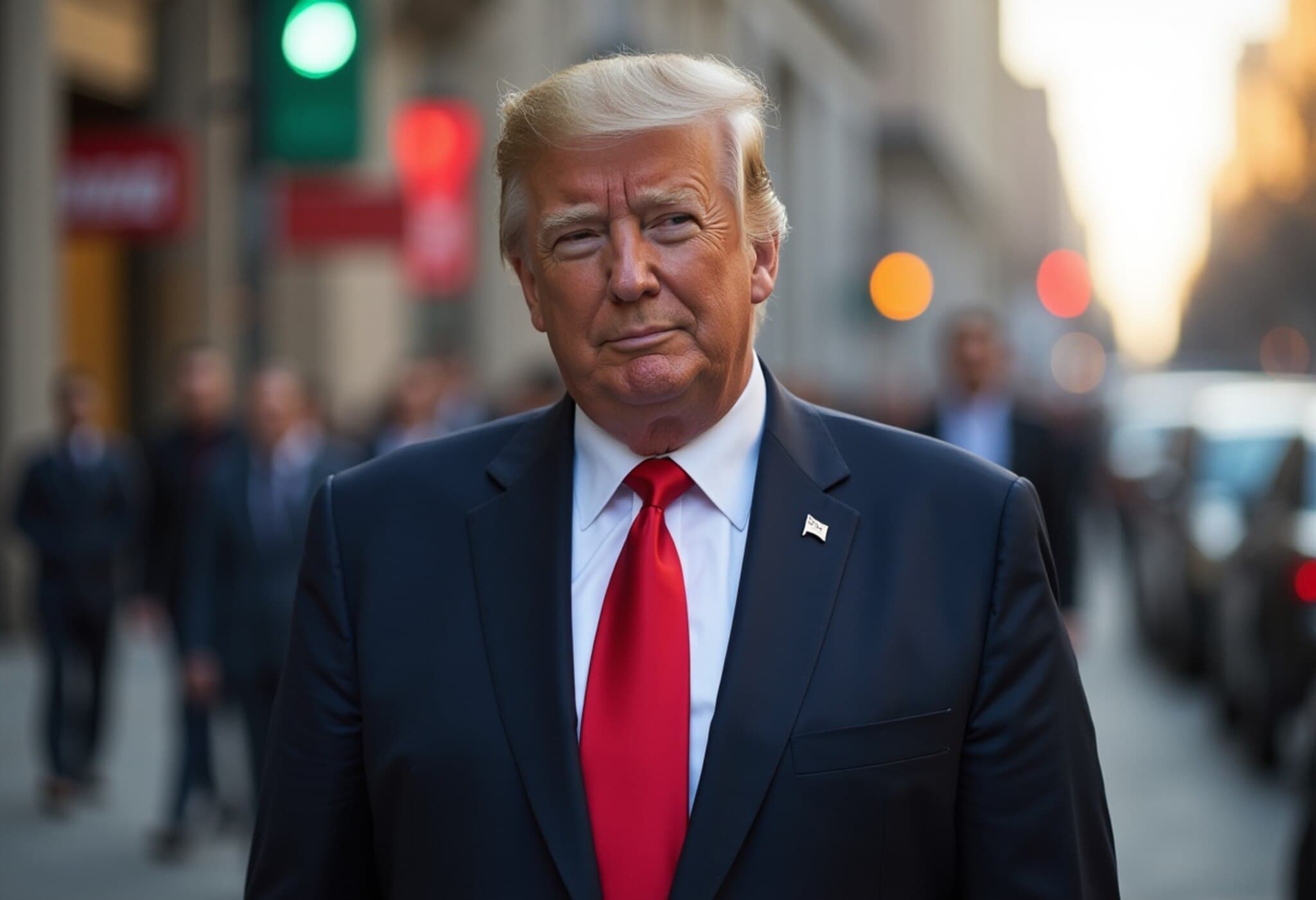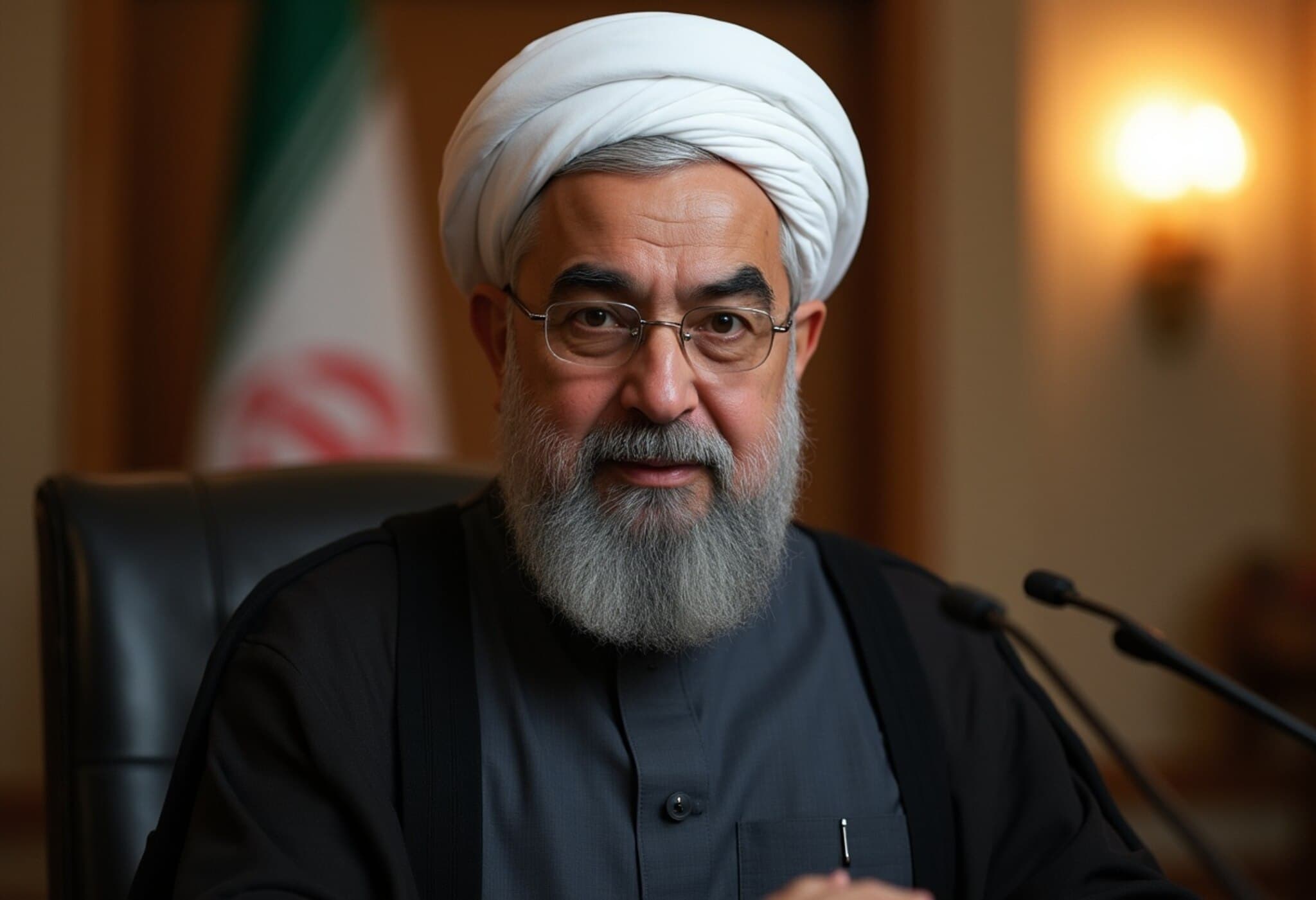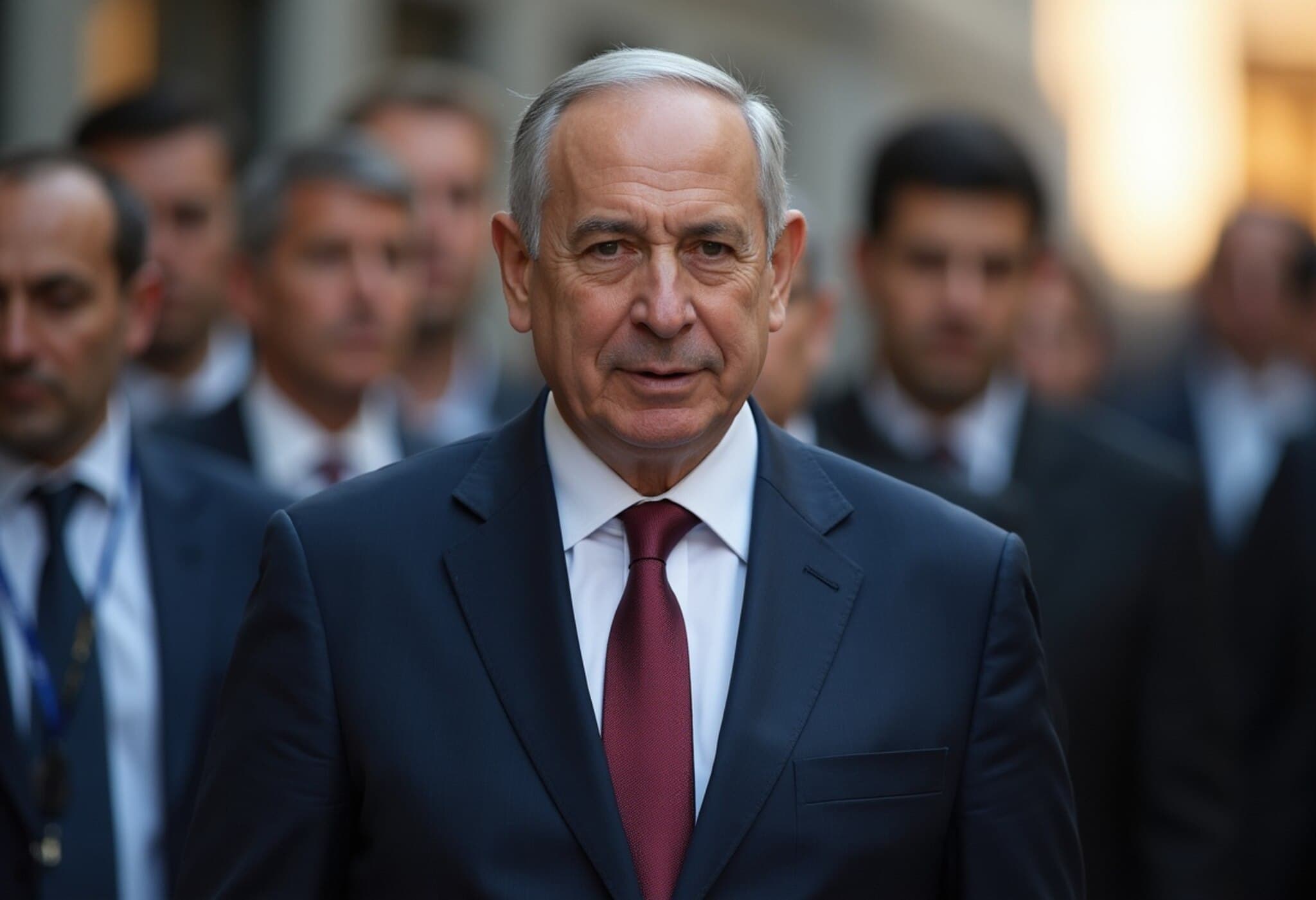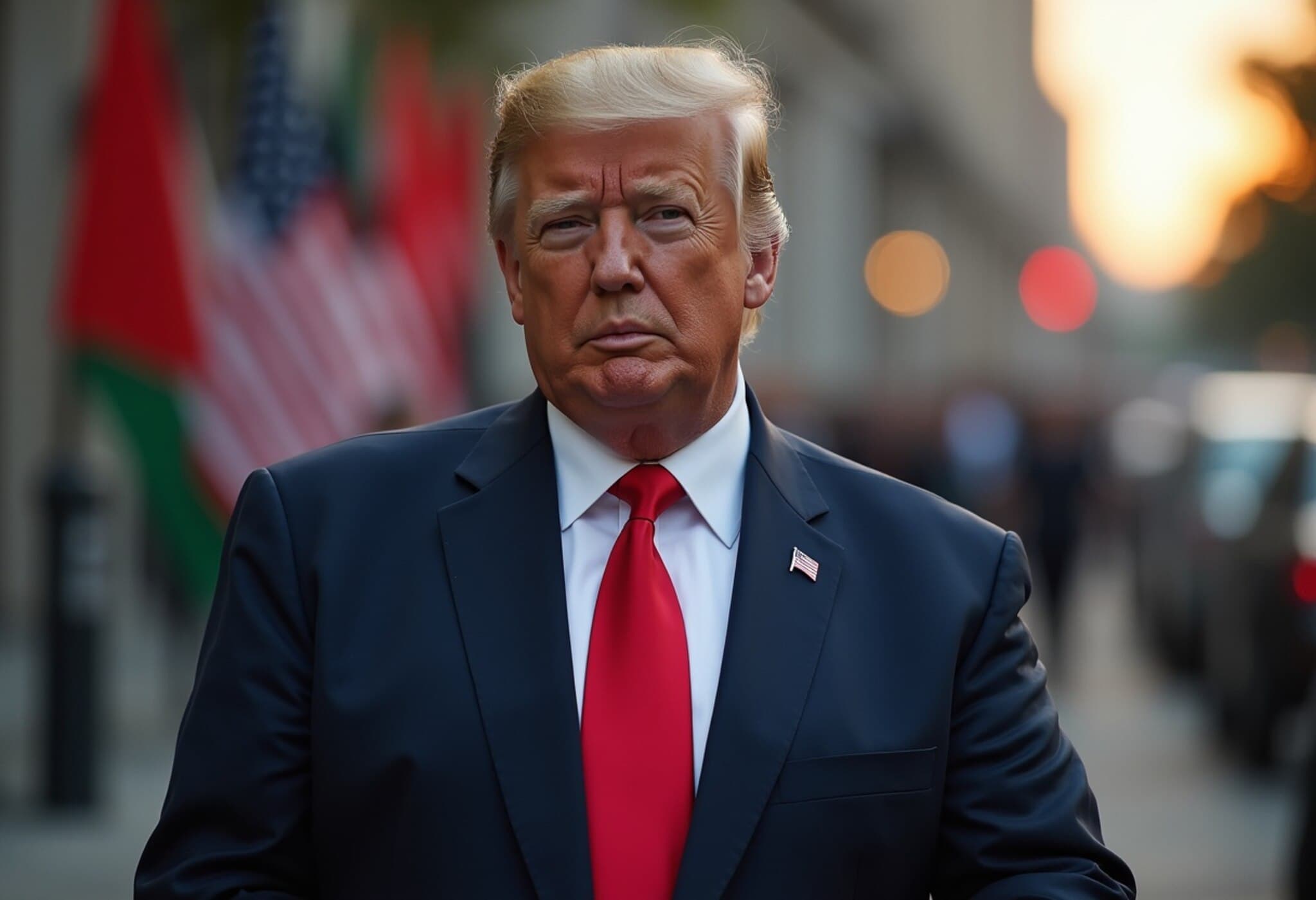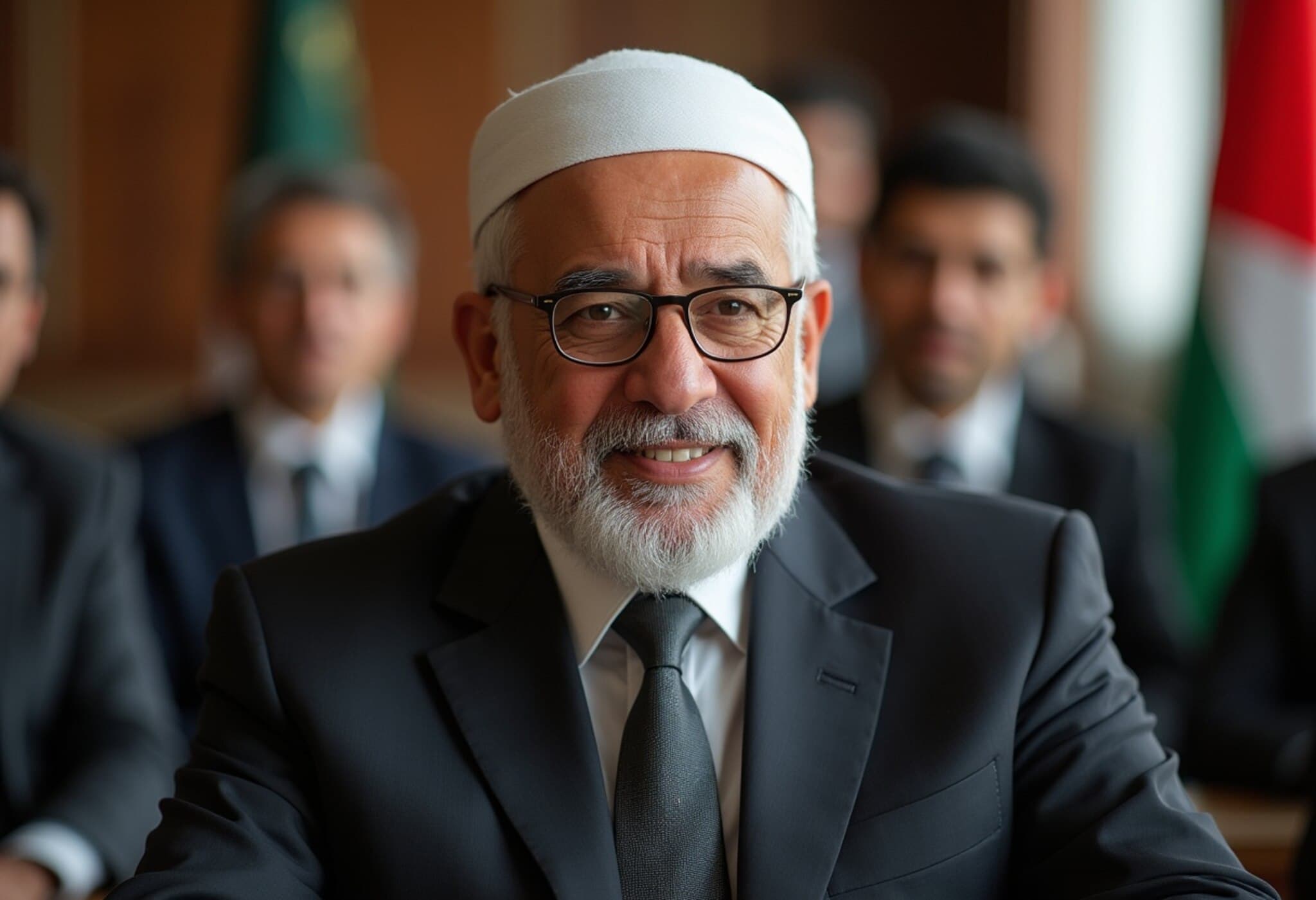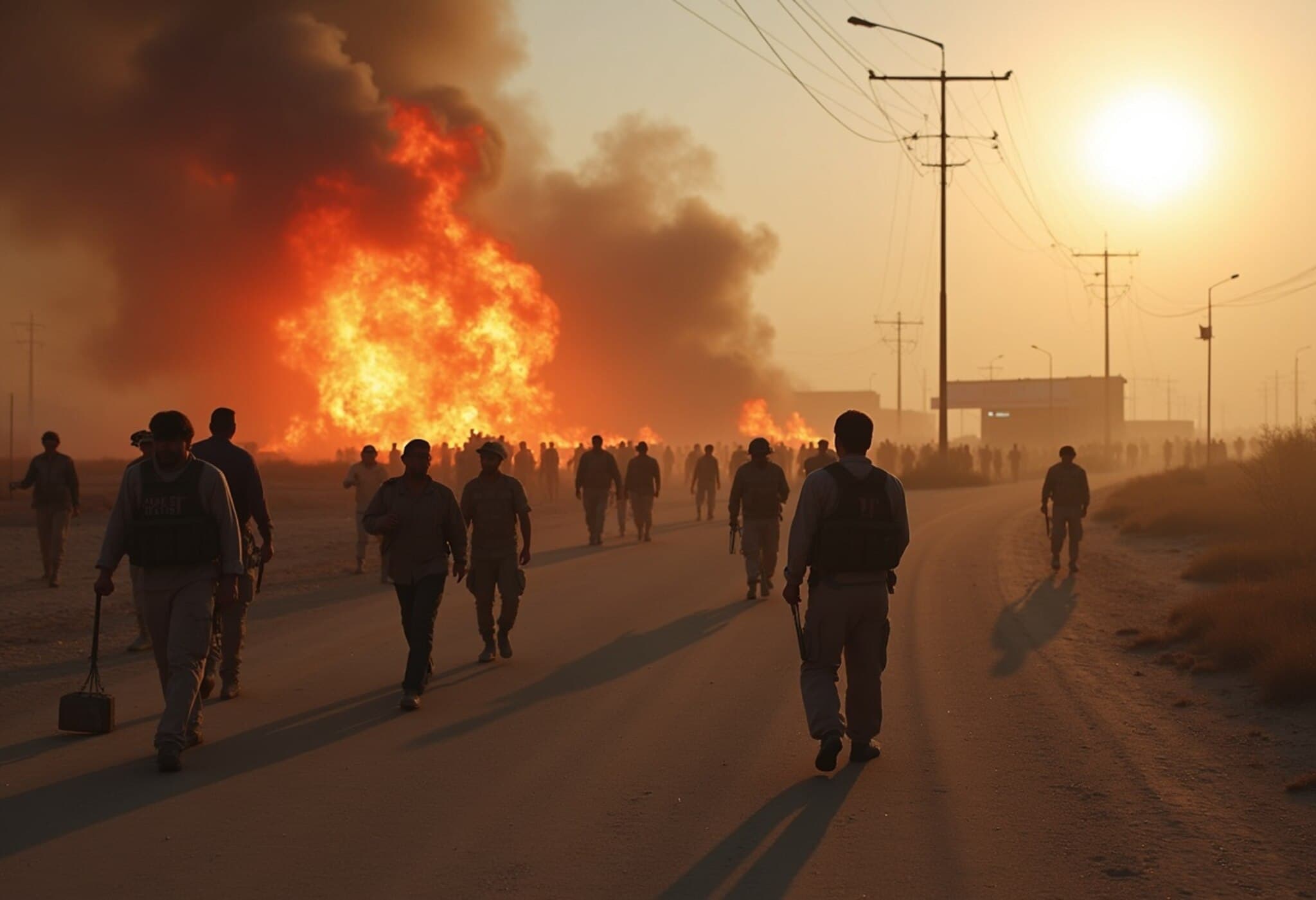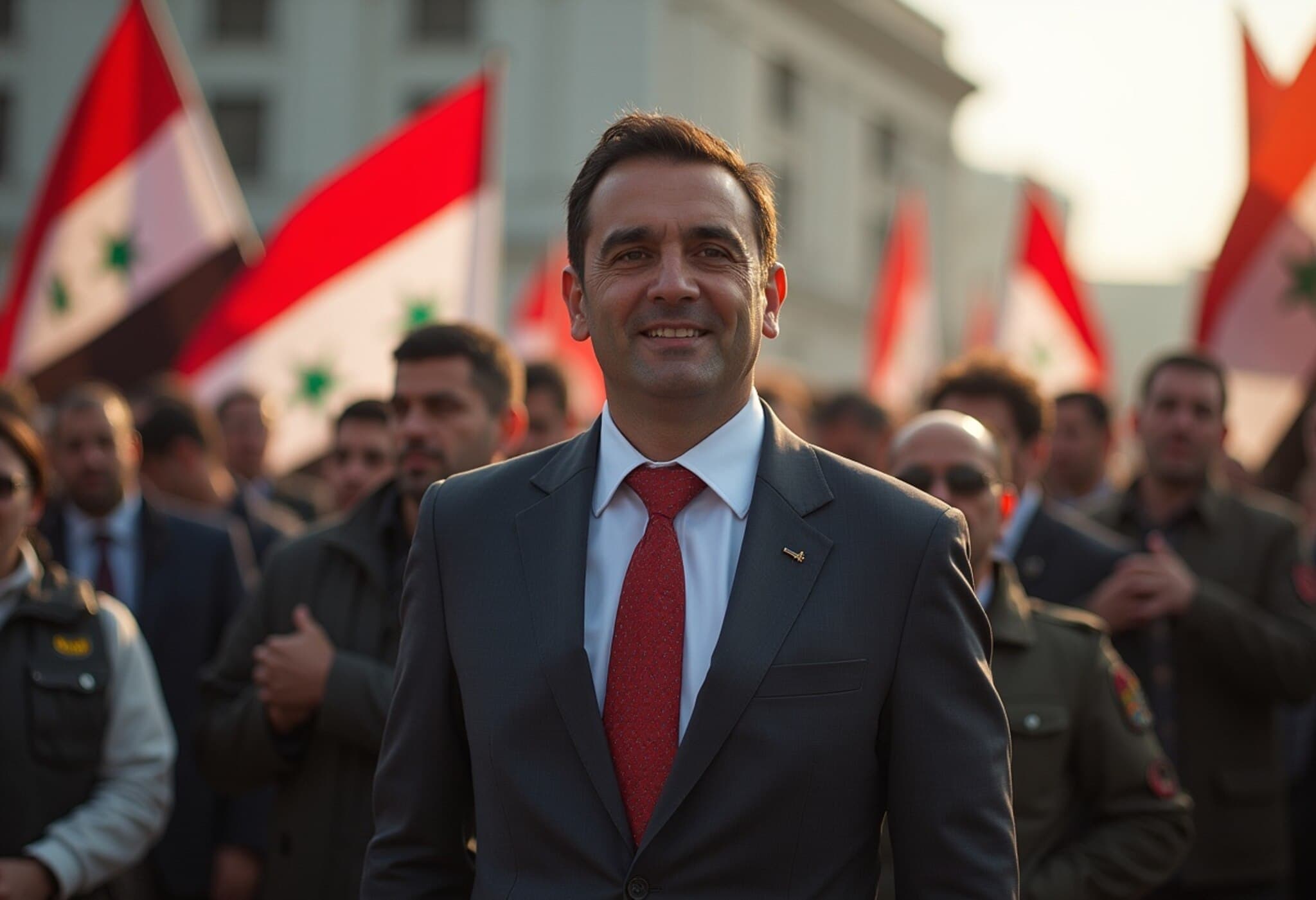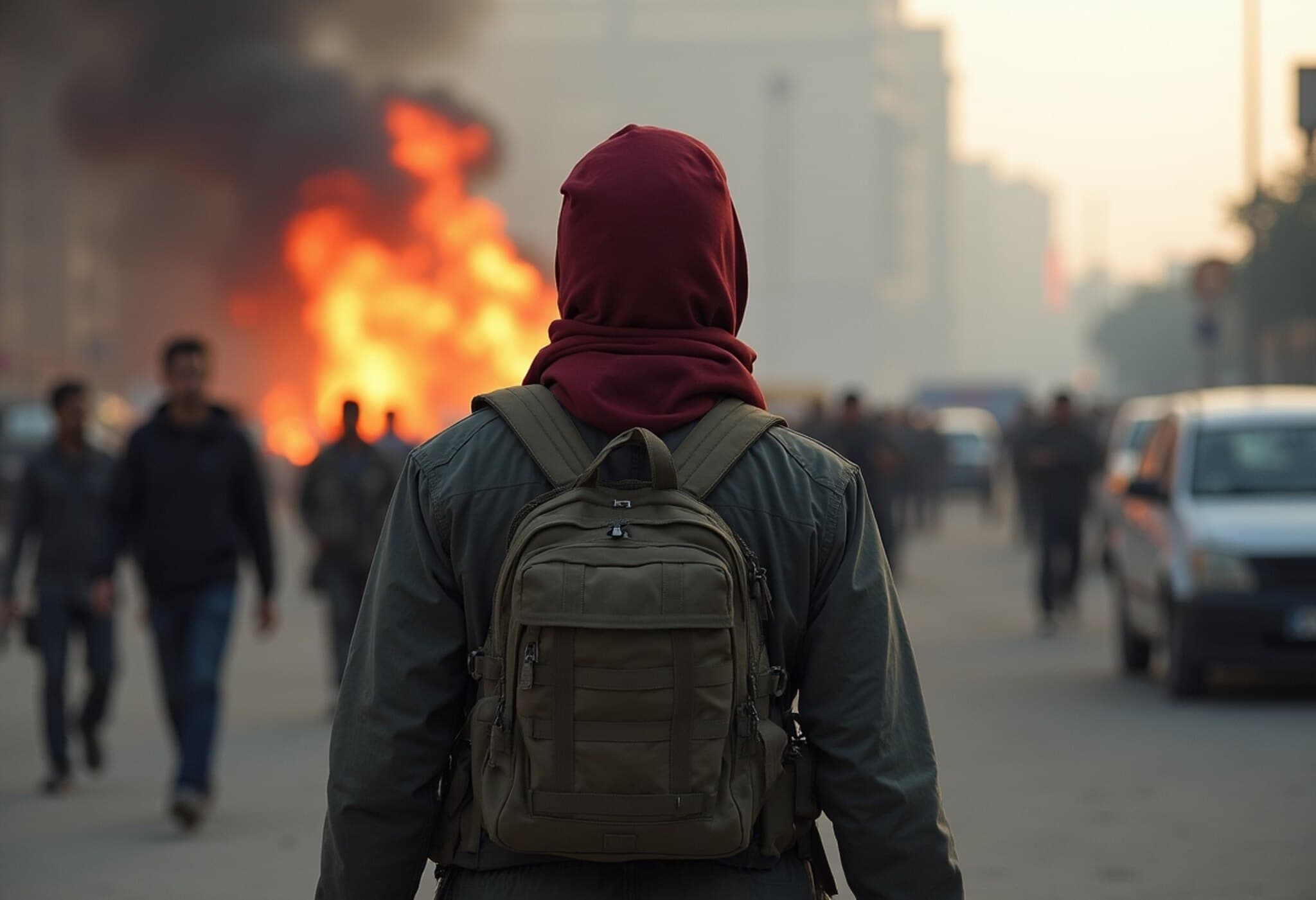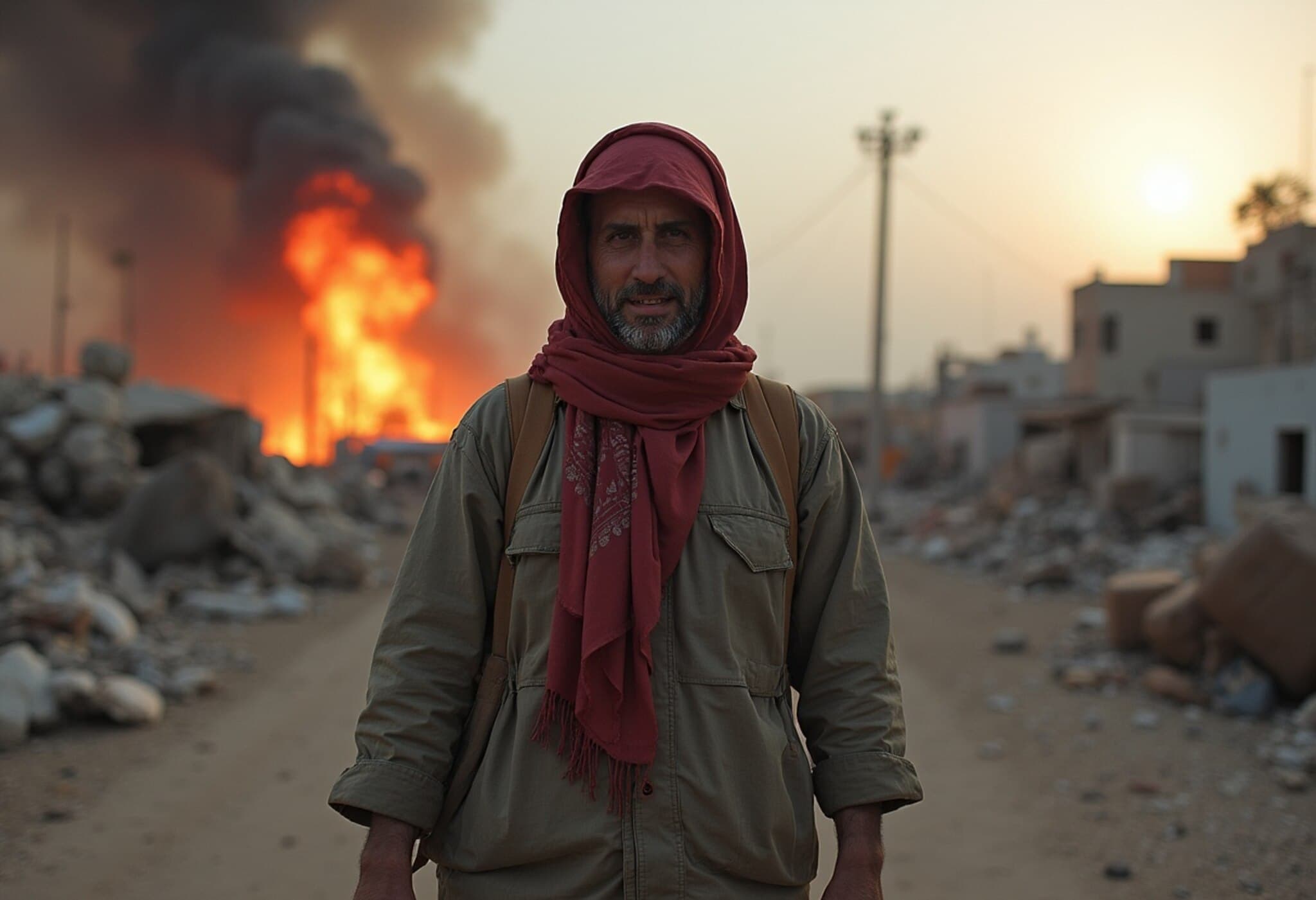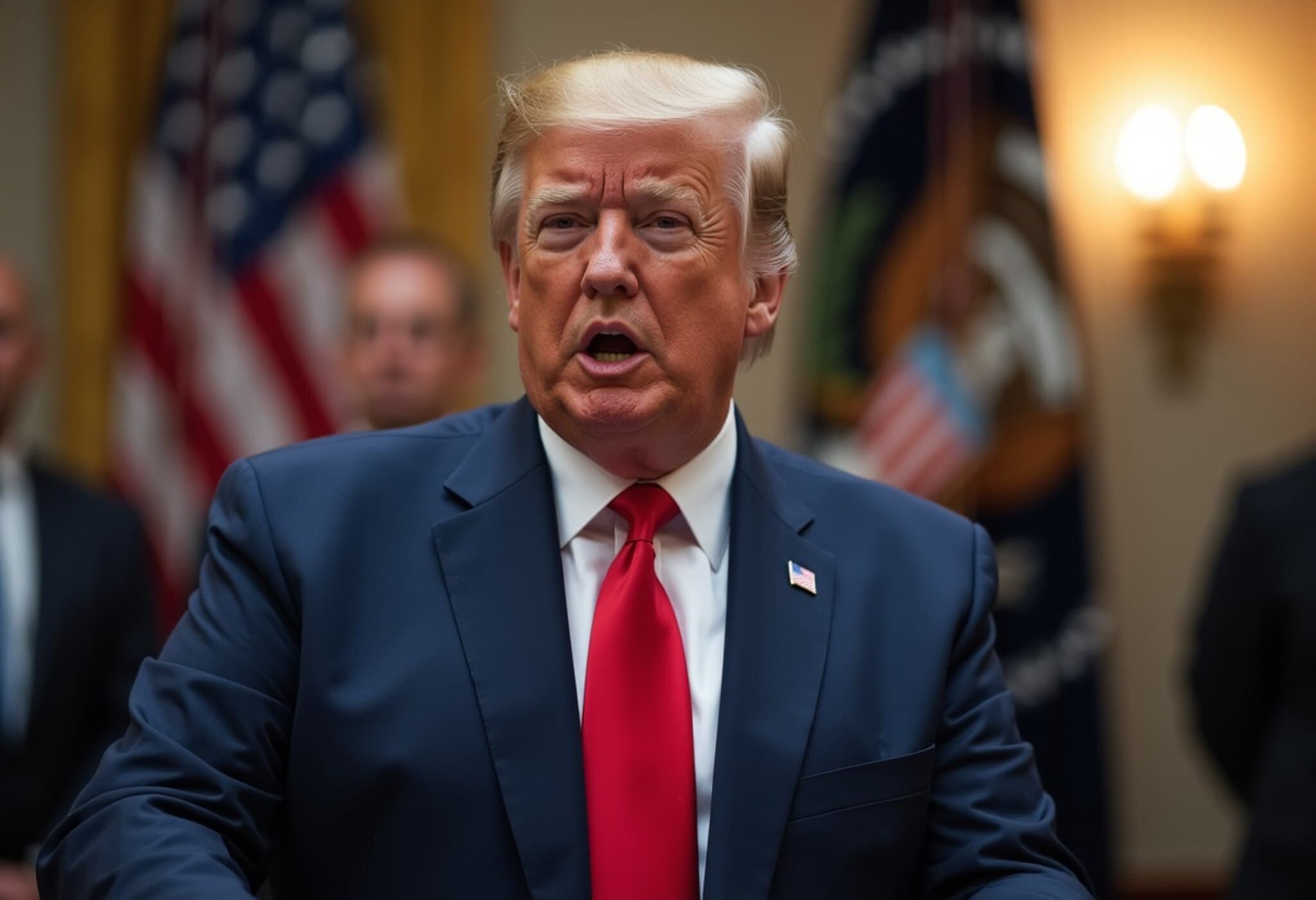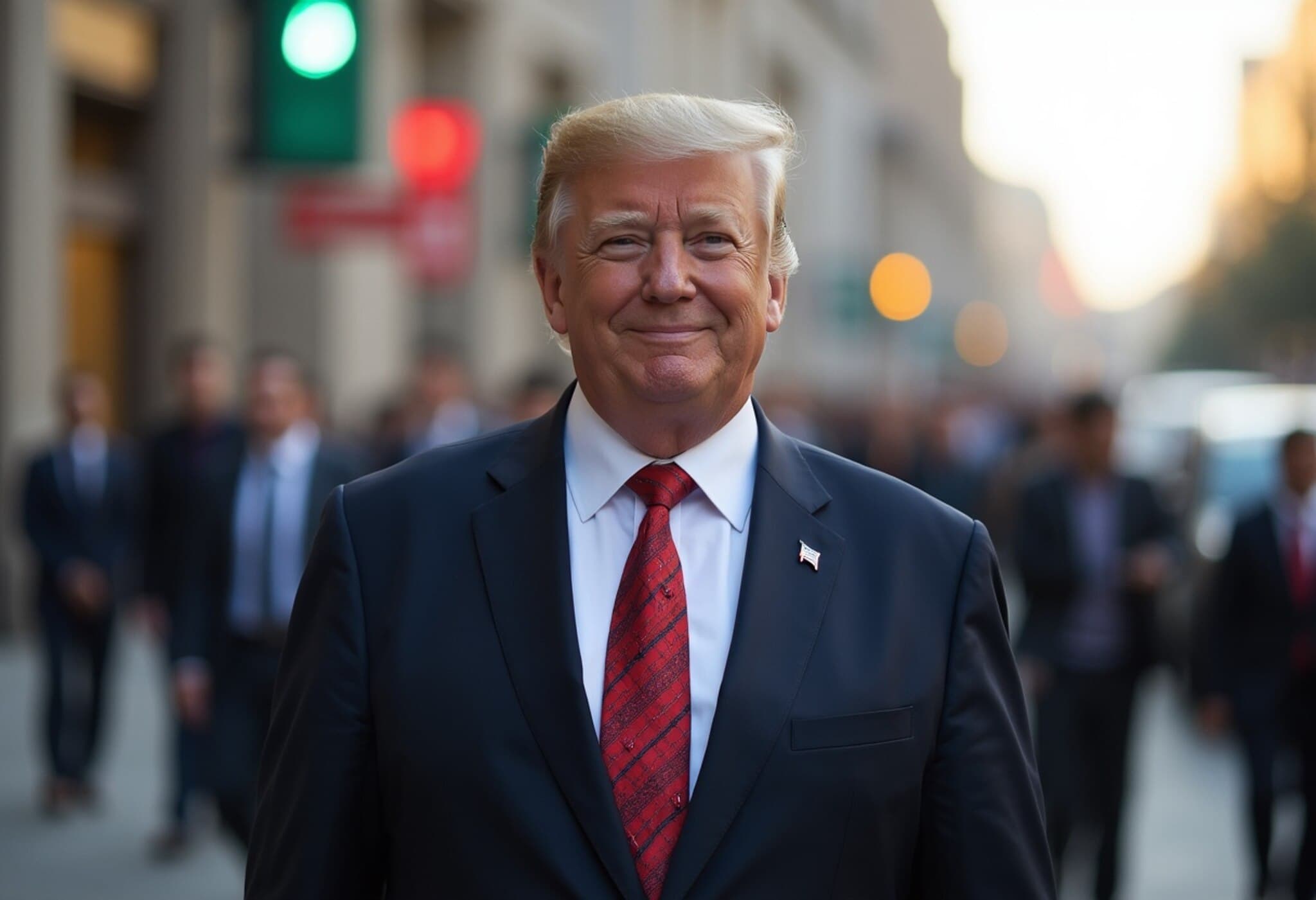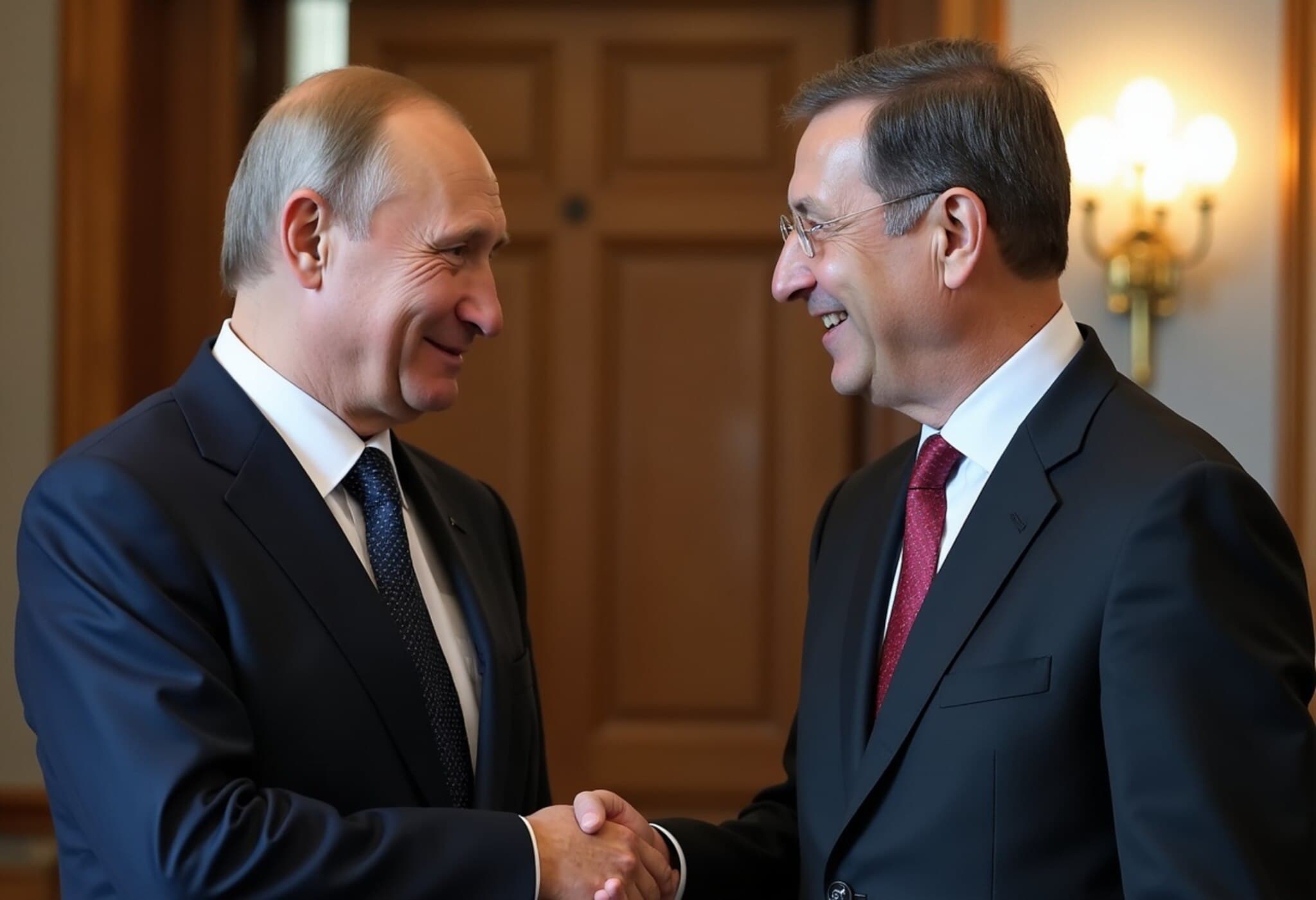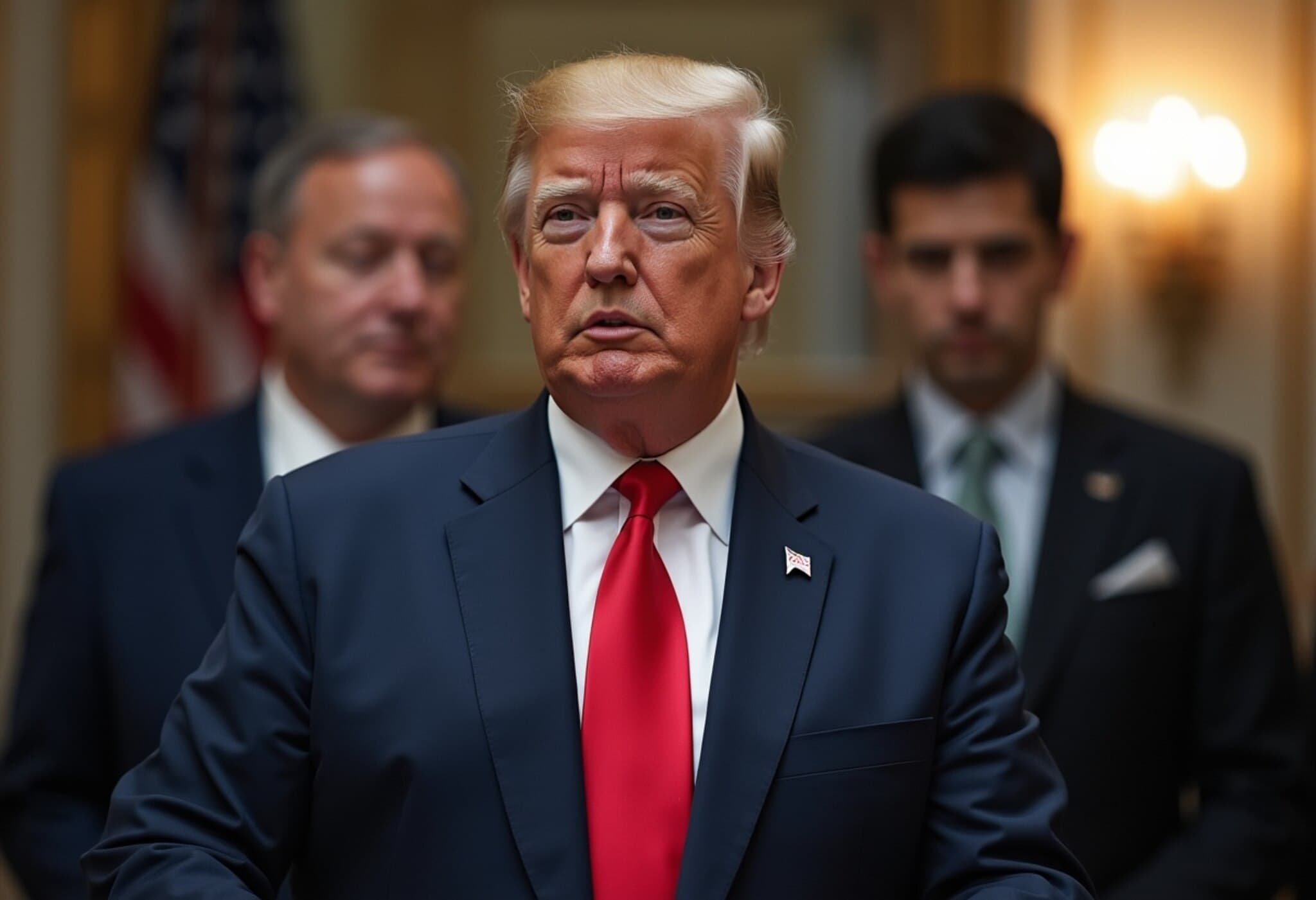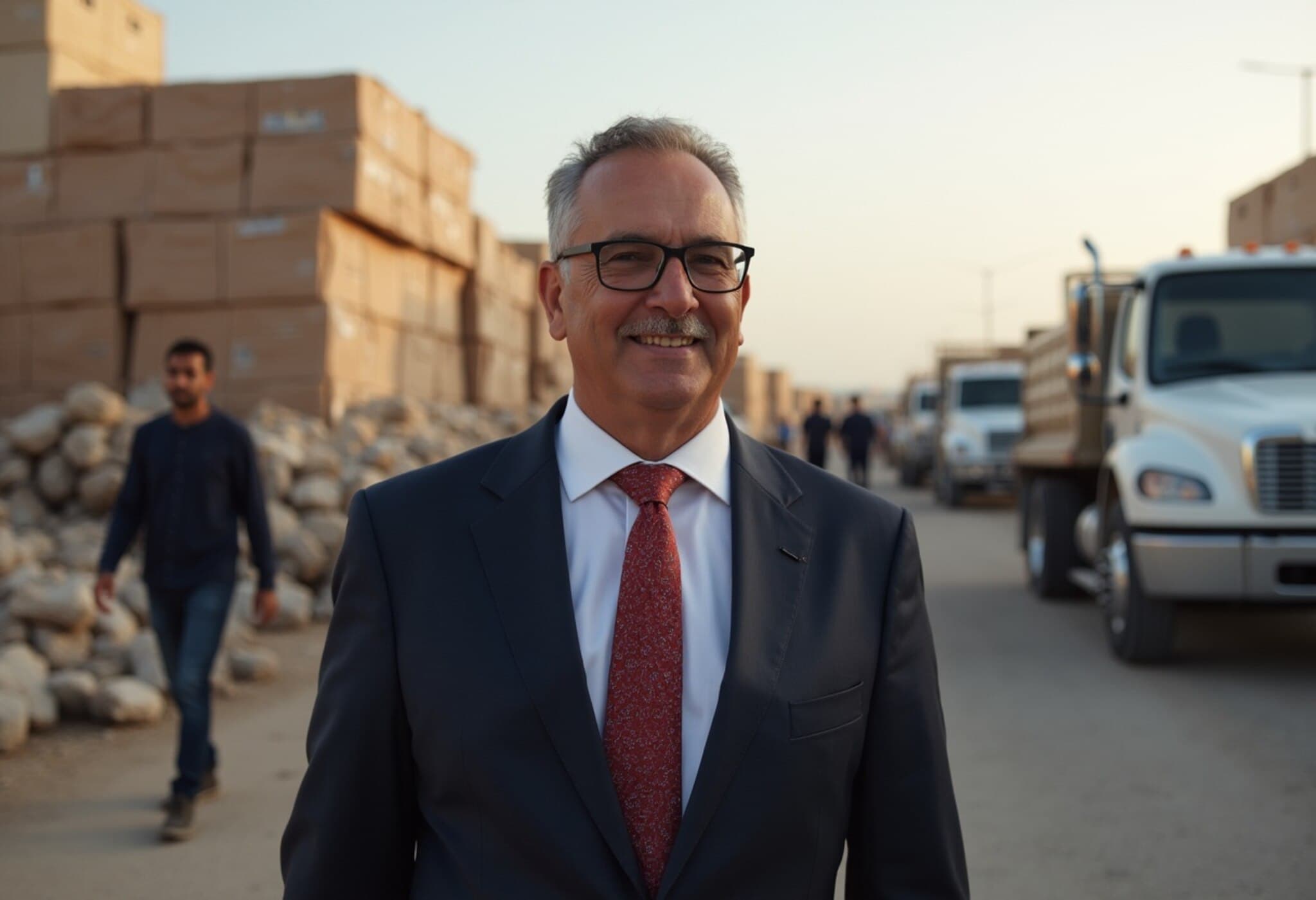Trump’s Special Envoy to Visit Gaza Amid Worsening Starvation Crisis
In an extraordinary move reflecting growing international alarm, Steve Witkoff, President Donald Trump’s Special Envoy to the Middle East, is scheduled to travel to Gaza this Friday to personally observe the severe starvation crisis unfolding in the region. This mission comes as global pressure mounts on Israel over the humanitarian situation in Gaza, where thousands are suffering from shortages of food and basic supplies.
Inspection and Engagement on the Ground
White House Press Secretary Karoline Leavitt announced that Witkoff, alongside US Ambassador to Israel Mike Huckabee, will enter Gaza following a meeting with Israeli Prime Minister Benjamin Netanyahu. Their objective: to conduct an on-the-ground assessment of current food and aid distribution outlets, and to establish a concrete plan to deliver additional relief.
Leavitt emphasized the importance of direct engagement, stating they will "meet with local Gazans to hear first-hand about this crisis," underscoring the administration’s intent to connect directly with those affected and shape responsive policies accordingly.
Context: A Deepening Humanitarian Emergency
The visit shines a light on a crisis that has only escalated in recent months. According to Gaza’s health ministry, at least 150 people have died due to starvation-related causes amid the ongoing conflict, contributing to the tens of thousands of war casualties.
This represents a significant humanitarian dimension that has often been overshadowed by the political and military narratives dominating headlines. Witkoff’s approach signals a growing recognition of the urgent need to address food scarcity as an integral part of conflict resolution efforts.
Controversy and Diplomatic Nuance
Witkoff’s planned visit to an aid site managed by the Gaza Humanitarian Fund, operated with US government support, highlights the delicate balance Washington faces as it navigates its strong alliance with Israel and the mounting international demands for humanitarian relief in Gaza.
Previously, Witkoff visited Gaza in January to observe ceasefire conditions, marking a pattern of active diplomatic engagement in the volatile region.
Shifting Perspectives Within US-Israel Relations
Interestingly, the trip emerges amidst subtle cracks in the traditionally robust US-Israel strategic partnership. Senior Israeli officials have started acknowledging the gravity of the starvation crisis despite official denials, a shift partly influenced by mounting media coverage and public outrage over televised images showing the devastating human toll.
Leavitt described President Trump as "a humanitarian with a big heart," reinforcing the narrative that the envoy’s mission aims to save lives and alleviate suffering—a message that attempts to reconcile humanitarian concerns with ongoing geopolitical complexities.
Expert Commentary: Implications for US Foreign Policy and Regional Stability
From a policy perspective, Witkoff’s visit could mark a pivotal point in US involvement in the Israel-Gaza conflict. It suggests a potential recalibration where humanitarian imperatives gain greater prominence alongside security objectives.
Analysts note that the direct observation of the crisis might catalyze more assertive US advocacy for ceasefires or humanitarian corridors, especially as the conflict impacts broader Middle East stability and US interests.
- Humanitarian aid scaling: Enhanced US commitment to fund and facilitate aid deliveries.
- Diplomatic pressure: Increased engagement with Israel to ease restrictions hampering aid flows.
- Regional diplomacy: Using the crisis as a platform for dialogue with Palestinian authorities and neighboring countries to reduce tensions.
In the US domestic arena, the visit could influence Congressional discussions by highlighting the humanitarian angle often subdued in partisan debates over foreign aid and Middle East policy.
Broader Questions Raised
The unfolding situation prompts critical questions deserving of deeper public discourse: How can global powers balance strategic partnerships with human rights imperatives? What mechanisms ensure aid reaches those in need without empowering armed factions? And crucially, how does addressing humanitarian crises reshape the prospects for long-term peace?
Editor’s Note
As Steve Witkoff steps into Gaza to witness the human cost of conflict firsthand, his journey underscores the urgent intersection of diplomacy and humanitarianism. While this visit may not immediately resolve entrenched challenges, it signals a growing awareness that crises like starvation must be addressed with the same vigor as political strategies. Readers are encouraged to consider how international action and empathy converge in conflict zones, shaping not just immediate relief but the contours of future peace.

